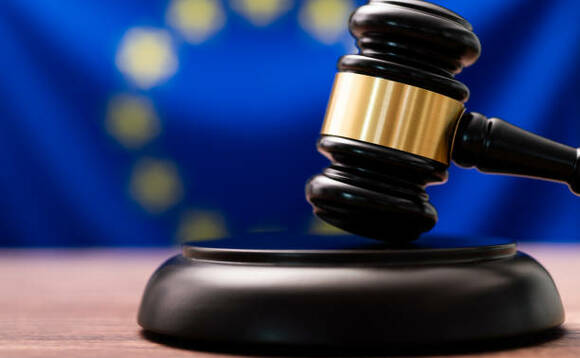The European Commission has decided to refer Malta to the Court of Justice of the European Union for its investor citizenship scheme or so-called golden passports.
The Commission said in a statement on 29 September it considers that granting EU citizenship in return for pre-determined payments or investments without any genuine link to the Member State concerned is not compatible with the principle of sincere cooperation enshrined in Article 4(3) of the Treaty on European Union, and with the concept of Union citizenship, as provided for in Article 20 of the Treaty on the Functioning of the European Union.
On 20 October 2020, the Commission sent a letter of formal notice to Malta, urging it to end its investor citizenship scheme. The Commission sent an additional letter of formal notice to Malta on 9 June 2021, following the introduction of a new scheme at the end of 2020.
Following Russia's war against Ukraine, Malta suspended this new scheme for Russian and Belarusian nationals. While this was a positive step, Malta continues to operate the scheme for all other nationalities and has not expressed any intention to end it.
On 6 April 2022, the Commission sent a reasoned opinion to Malta. Malta's reply did not satisfactorily address the concerns raised by the Commission. Malta is the only remaining Member State that operates such a scheme.
Consequently, the Commission said it decided today (29 September) to refer Malta to the Court of Justice of the EU under Article 258(2) of the Treaty on the Functioning of the European Union.
"EU citizenship and the rights it confers lie at the heart of the EU. Every person that holds the nationality of an EU Member State is at the same time an EU citizen. EU citizenship automatically gives the right to free movement, access to the EU internal market, and the right to vote and to be elected in European and local elections. For these reasons, the conditions for obtaining and losing nationality, regulated by the national law of each Member State, are subject to due respect for EU law.
"Investor citizenship schemes allow a person to acquire a new nationality based on pre-determined payments or investments, and in absence of a genuine link with the naturalising country, such as long-term residence. These schemes are different from investor residence schemes (or ‘golden visas'), which allow third-country nationals, subject to certain conditions, to obtain a residence permit to live in an EU country. Both types of schemes pose serious risks, in particular as regards security, money laundering, tax evasion and corruption", it said.
The Commission further said it has been following up on the investor citizenship schemes in other Member States as well.
In October 2020, the Commission also started an infringement procedure against Cyprus for its investor citizenship scheme. Cyprus suspended its scheme and stopped receiving new applications on 1 November 2020. However, as it continued to process pending applications, the Commission decided to send a reasoned opinion to Cyprus on 9 June 2021. Cyprus finished processing all pending applications in July 2021. The Commission is closely analysing the situation before deciding on any next steps.
The Commission has also been in contact with Bulgaria on its investor citizenship scheme. Effective 5 April 2022, Bulgaria abolished the scheme.
Since the launch of the first scheme in 2014 (the ‘individual investor programme'), Malta naturalised several thousand investors and their family members.
At the end of 2020, Malta established a new scheme (the ‘Maltese Citizenship by Naturalisation for Exceptional Services by Direct Investment' scheme), after the original one came close to reaching its limit of 1,800 successful main applicants. The new scheme maintains the principle that nationality can be awarded systematically, in return for pre-determined payments, without having to establish any genuine link between the applicant and Malta.
On 2 March 2022, Malta announced that it had suspended, until further notice, the processing of applications from nationals of the Russian Federation and Belarus.





